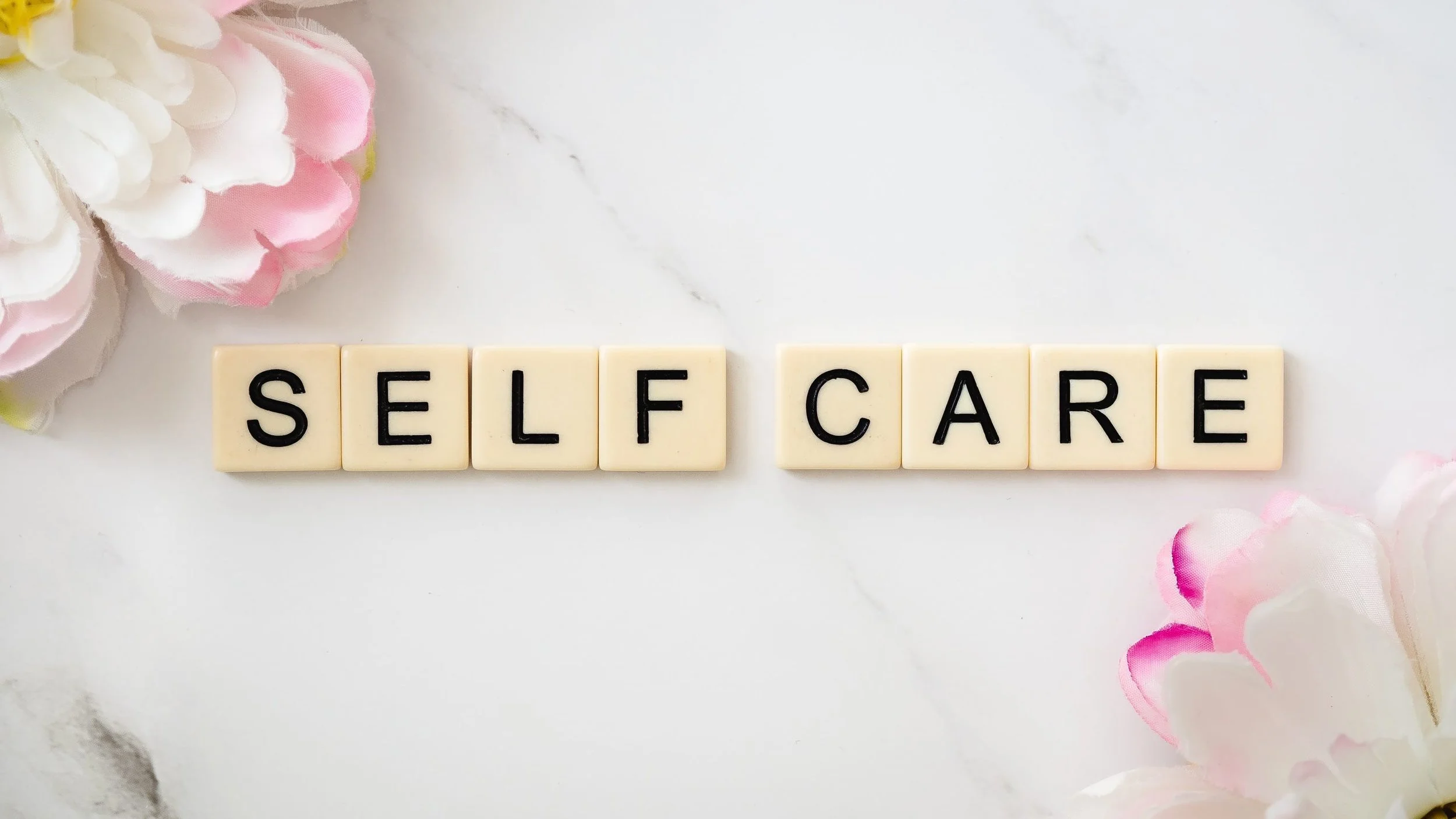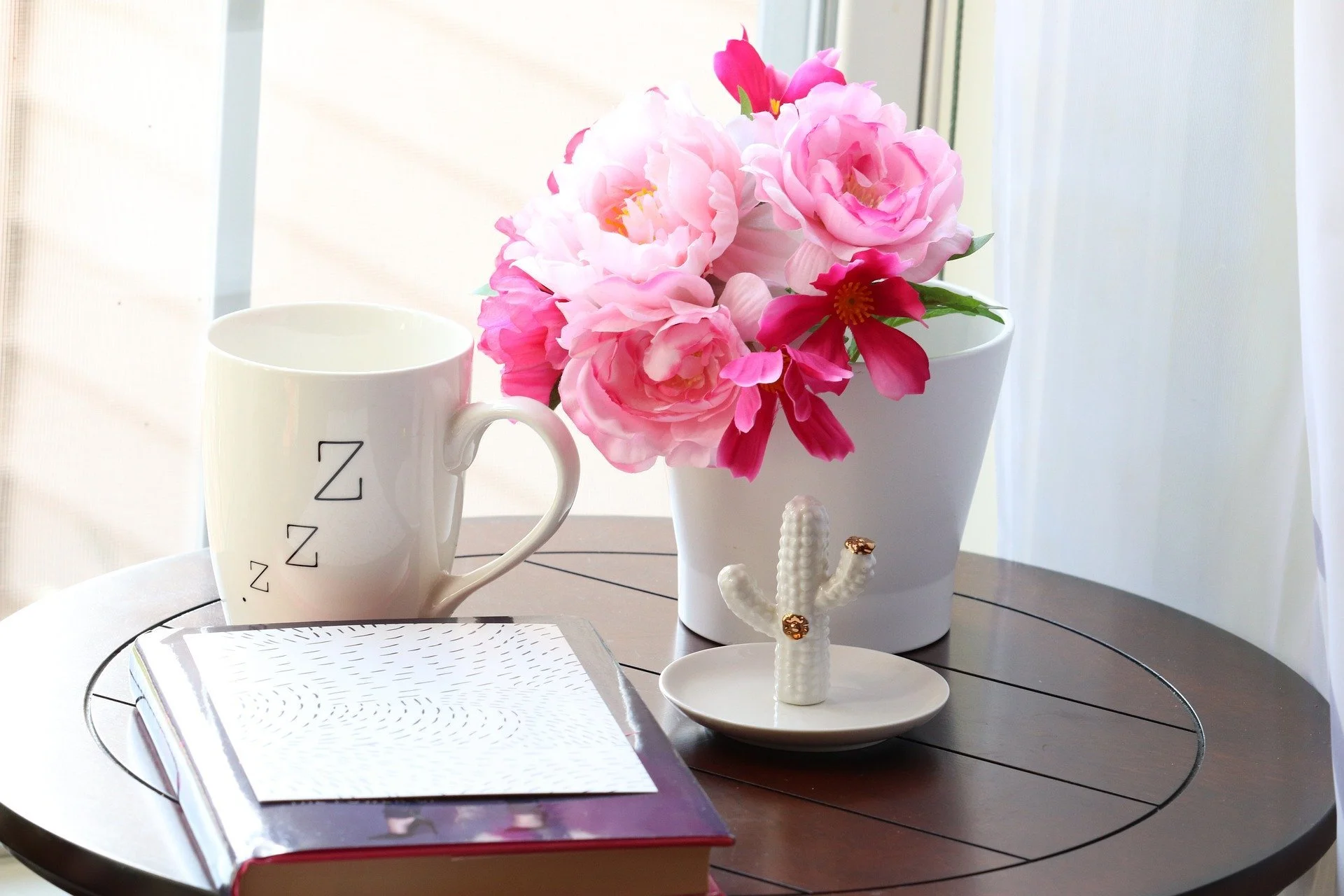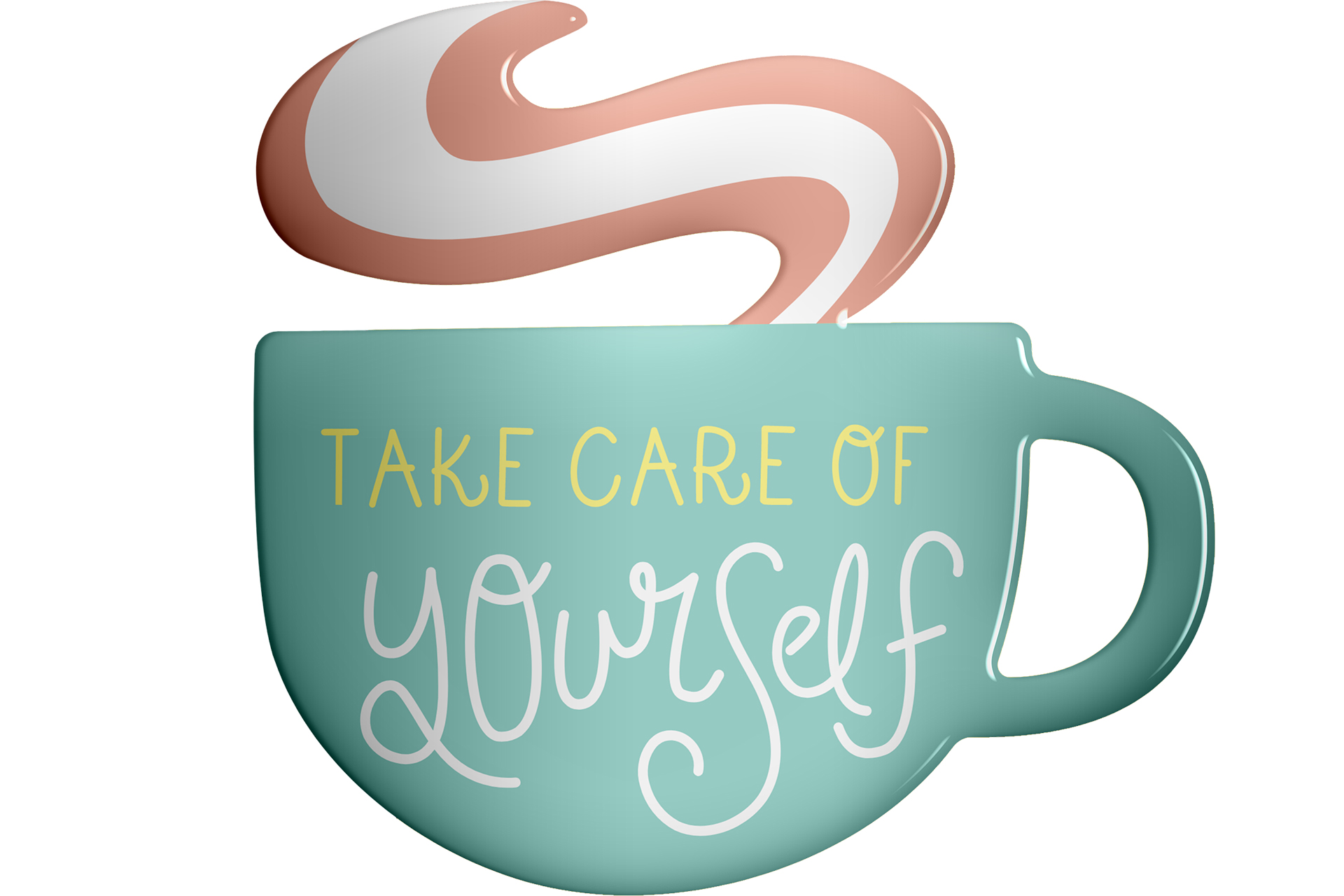What is self-care and why does it matter?
Why you need to start taking care of yourself today
“Almost everything will work again if you unplug for a few minutes, including yourself”
Anne Lamott
What is self-care?
Self-care is doing all the things you need to do to look after your physical, emotional, psychological and spiritual well-being.
We engage in self-care when we live intentionally through choosing healthy foods, maintaining good sleep habits, moving our body through exercise, looking after our physical health through medical and dental checkups, brushing our teeth regularly, etc. Self-care also includes connecting with others when we need to, engaging in hobbies that make us happy, and regularly checking in with what we need.
Why does self-care matter? When we’re not engaging in proper self-care it affects every aspect of our lives. If we don’t look after ourselves, we don’t feel well, our relationships suffer and life is generally not fun. Some of the important health benefits of self-care include:
Reducing symptoms of anxiety and depression
Building resilience to reduce stress
More energy for the things you need/want to do
Less overwhelm and burnout
Improved social relationships
I think it’s unfortunate that so many people associate self-care with selfishness. I would argue that the opposite is true - it is selfish not to engage in self-care regularly (daily!).
When I looked up the word “selfish” I found the following definition: “concerned excessively or exclusively with oneself: seeking or concentrating on one’s own advantage, pleasure, or well-being without regard for others” and “having or showing concern only for yourself and not for the needs or feelings of other people”.
We worry about being called narcissistic, self-absorbed, self-centred, self-obsessed, overly indulgent, etc. and most of us don’t want anyone to think we’re any of those things.
When we engage in self-care, we are setting the intention to look after ourselves. Self-care does NOT include the intention of harming someone else. It is not selfish, narcissistic or any of those other nasty words.
Most of us are familiar with the air travel safety guideline that reminds us to put the oxygen mask on ourselves before attempting to help anyone else. Why is that so important? Because if you can’t breathe properly, you won’t be of any use to anyone else.
If we’ve been negligent in giving ourselves what we need, it translates into feeling tired, grumpy, irritated, annoyed, frustrated, overwhelmed, stressed, angry, depressed, envious, jealous….you get the idea. The next time you’re feeling any of those emotions, ask yourself what you are lacking. Where have you been neglecting your self-care? Then take the steps necessary to bring your nervous system back into balance.
As you come up with a plan for improving your self-care habits, it’s important to take the time to assess what it is you really need. Here’s where some journaling will help. Identify the stressors in your life and plan for any objections or challenges you may get from those around you as you start to make changes. Carve out time each day just for you and take small steps to implement your plan.
Here’s a few ideas for improving your self-care practices and habits in each of the four main areas.
Physical self-care includes eating properly, getting enough sleep, maintaining your physical health through check-ups and getting enough exercise.
Are you looking after your physical self-care?
Psychological self-care includes doing things that will help you stay mentally healthy. This includes avoiding situations that you know trigger you, doing activities that are mentally stimulating and that you enjoy, and practicing self-compassion.
Are you looking after your mental/psychological health?
Emotional self-care involves developing healthy coping skills to help your emotions: anger, sadness, anxiety, etc. Emotional self-care may involve activities that help you express your feelings in a safe way, including mindful yoga and journaling or talking to a trusted friend, therapist, coach or counsellor.
How are you looking after your emotional health?
Spiritual self-care is all about nurturing your spirit and involves anything gives you a deeper sense of belonging, purpose or meaning - a connection with others and the world around you. It doesn’t have to be a religion, although it certainly can be. You can develop a deeper sense of belonging by meditating, interacting with like-minded people, or getting out into nature. However you nurture your spirit, it’s an important part of self care.
Where are you finding your spiritual support?
I’d like to leave you with a self-compassion meditation to start you on your self-care journey.
Self-Compassion Meditation
This is a meditation you can do any time you feel like you need some extra self-care.
Find a comfortable position either sitting or lying down. Make any necessary adjustments, close your eyes or lower your gaze and connect with your breathing.
When you feel settled, you are invited to bring to mind something that is bothering you. It might be a difficult or stressful situation, or something that you’re worrying about happening. As you think about this situation, try to get as detailed as possible and really bring it into your mind’s eye. Begin to notice your bodily sensations and the emotions that are coming up for you. What are you noticing? Breathe into those sensations. Allow yourself to feel what you feel.
As you are breathing into the sensations and allowing your feelings, if it is comfortable for you, bring your hands over your heart. Feel the warmth of your hands and notice your gentle touch. Let your hands send a feeling of caring through to your heart space.
Repeat the words, “May I be kind to myself”. If you’re having difficulty with this because you’re not used to being kind to yourself, then pretend you are saying those words to a friend. Repeat these words to yourself several times.
Next, repeat the words, “May you be happy, well and free from suffering”. Repeat these words to yourself several times. Notice your breath and bodily sensations as you repeat the words.
When you are ready, release your hands from your heart and slowly bring yourself back to your surroundings and re-engage with your day.
Congratulations, you’ve just spent a few minutes on your own self-care!
———
I’d love to hear from you so please send any comments or questions to me at sharon@sharonashtonmindfulyoga.com. Feel free to share this email with anyone else who may be interested.
Please check out The Journey Within podcast at:
What is stopping you from living your best life? Get out your journal and a pen and take the new quiz on my website to find out:
Are you interested in learning more about life change & mindset coaching from a mind/body perspective? Please email me at sharon@sharonashtonmindfulyoga.com for more information or to schedule a free introductory consultation to see if coaching is right for you. You can also visit my website coaching page.
"I felt at complete ease with Sharon from our first conversation. She has a wonderful, gentle but firm way that made me focus on my thoughts / feelings so I could remove / change to move forward with a completely different feeling to what felt like obstacles. It was great having regular coaching that gently kept me accountable to actioning and moving towards my goals. Sharon has vast experience in so many areas, I felt that makes her an amazing coach.”
— Michelle Carney, East Galway, Ireland
You can access your free Find Your Inner Coach Guide including a guided visualization and journal prompts here:
If you’re interested in more inspiration and community around positive mindset, slow mindful yoga, meditation and mindful writing practices, come join our private Facebook group here:







